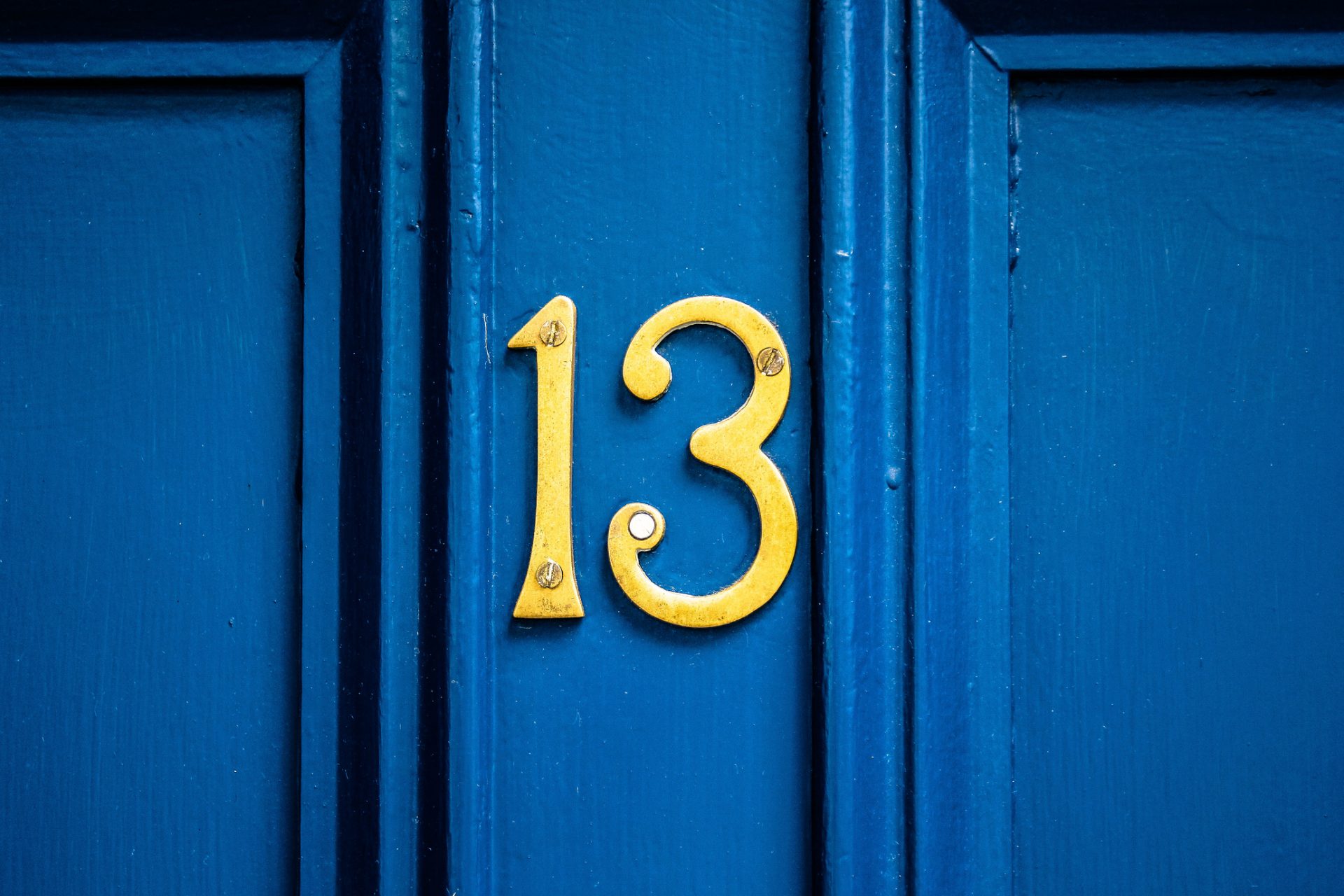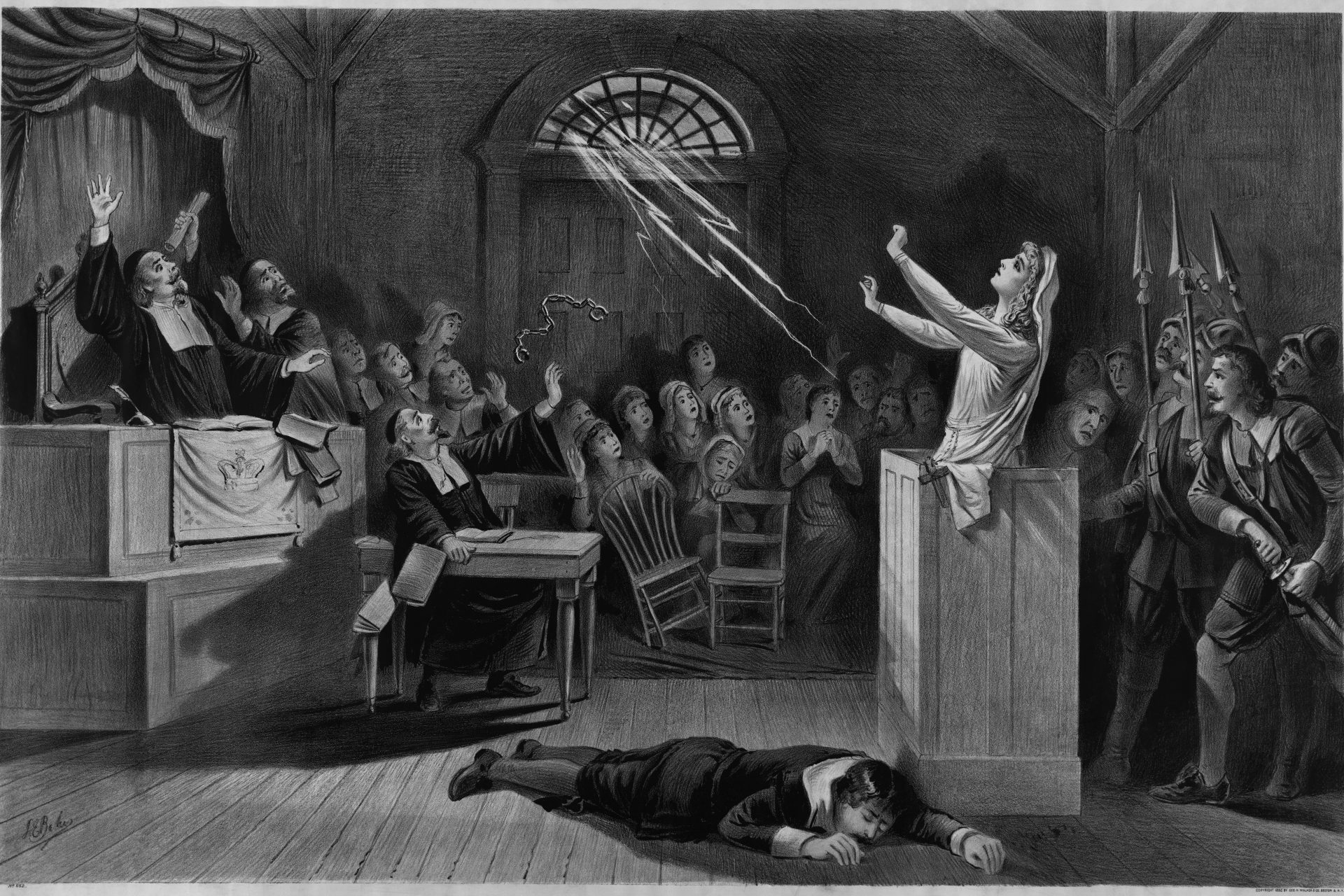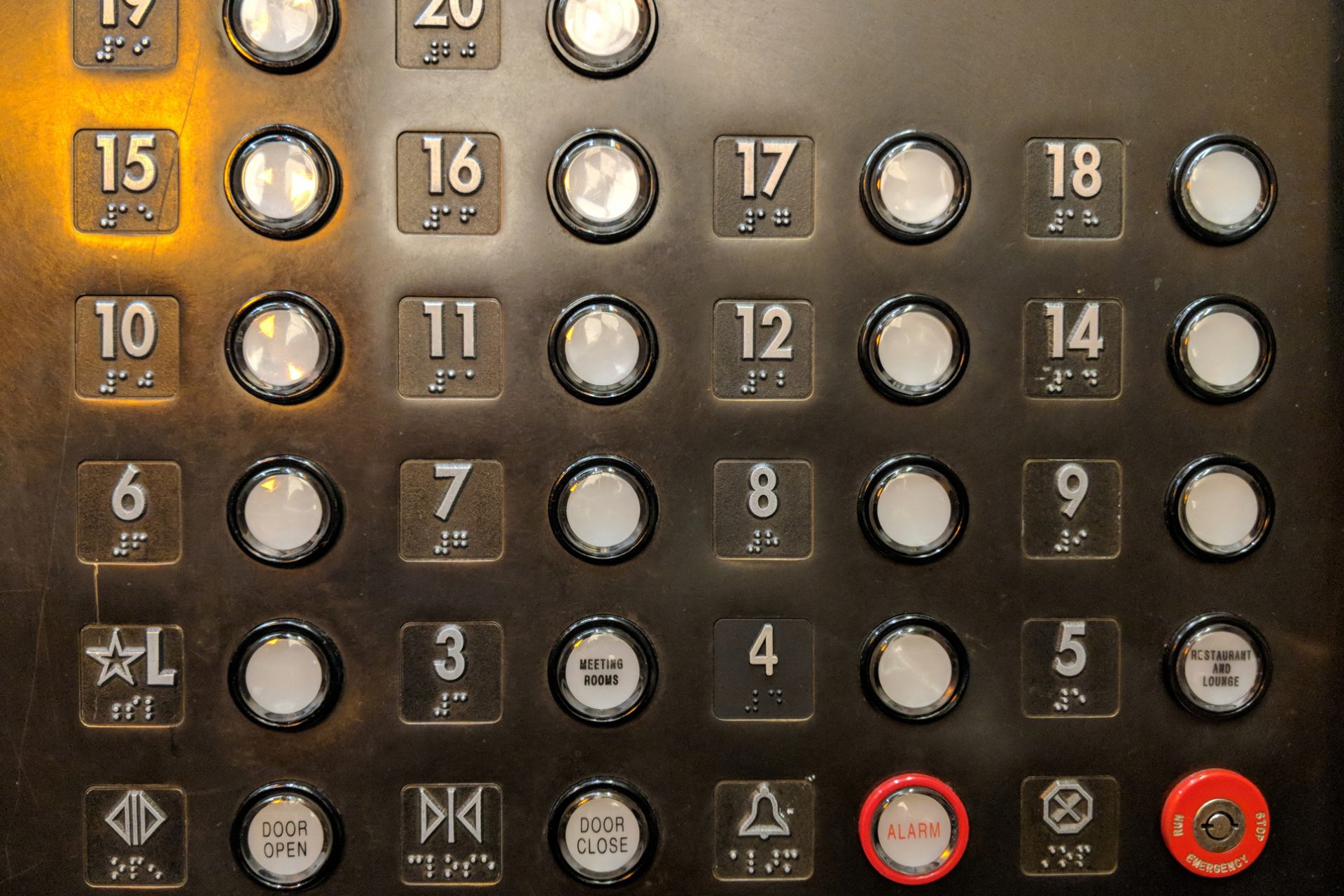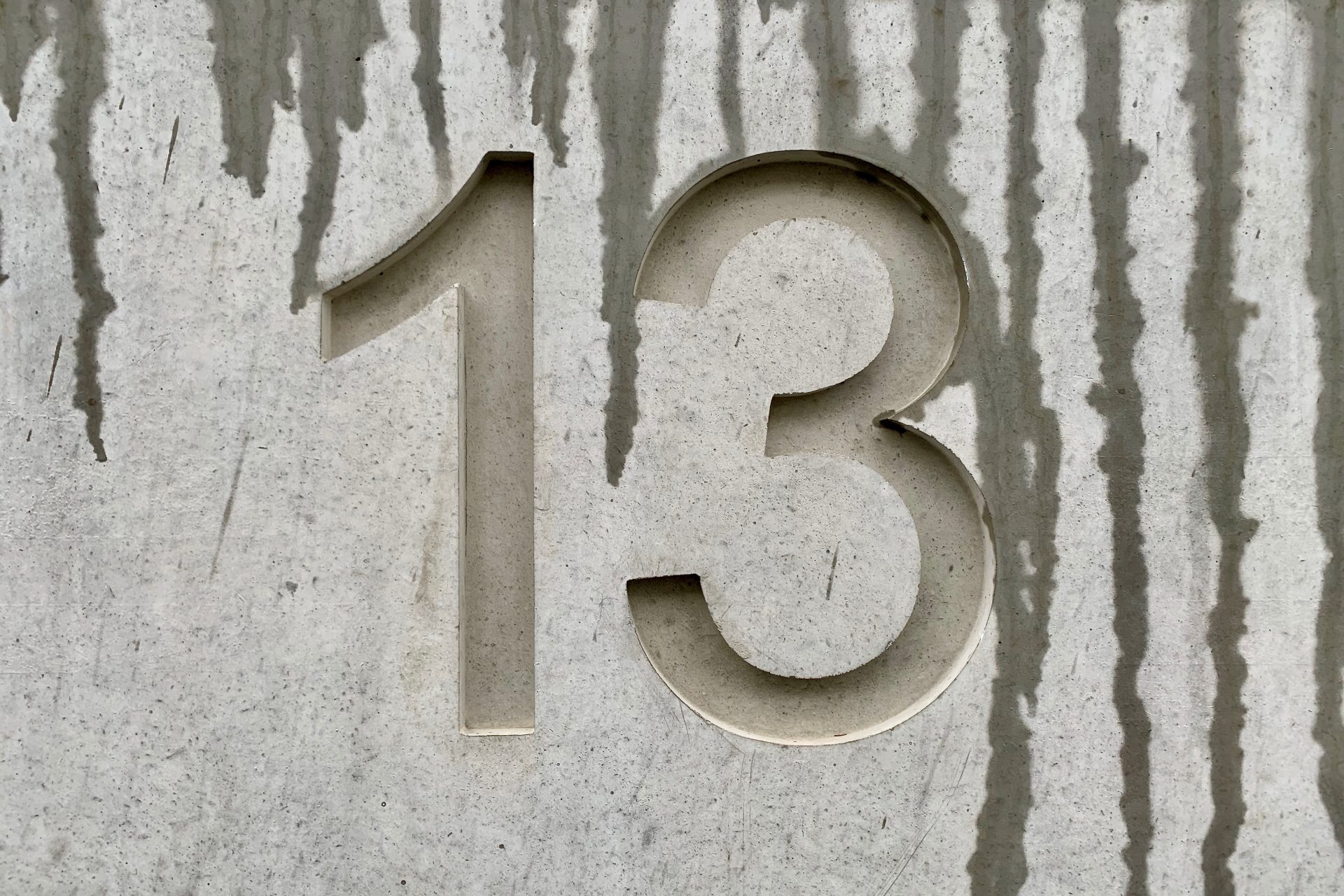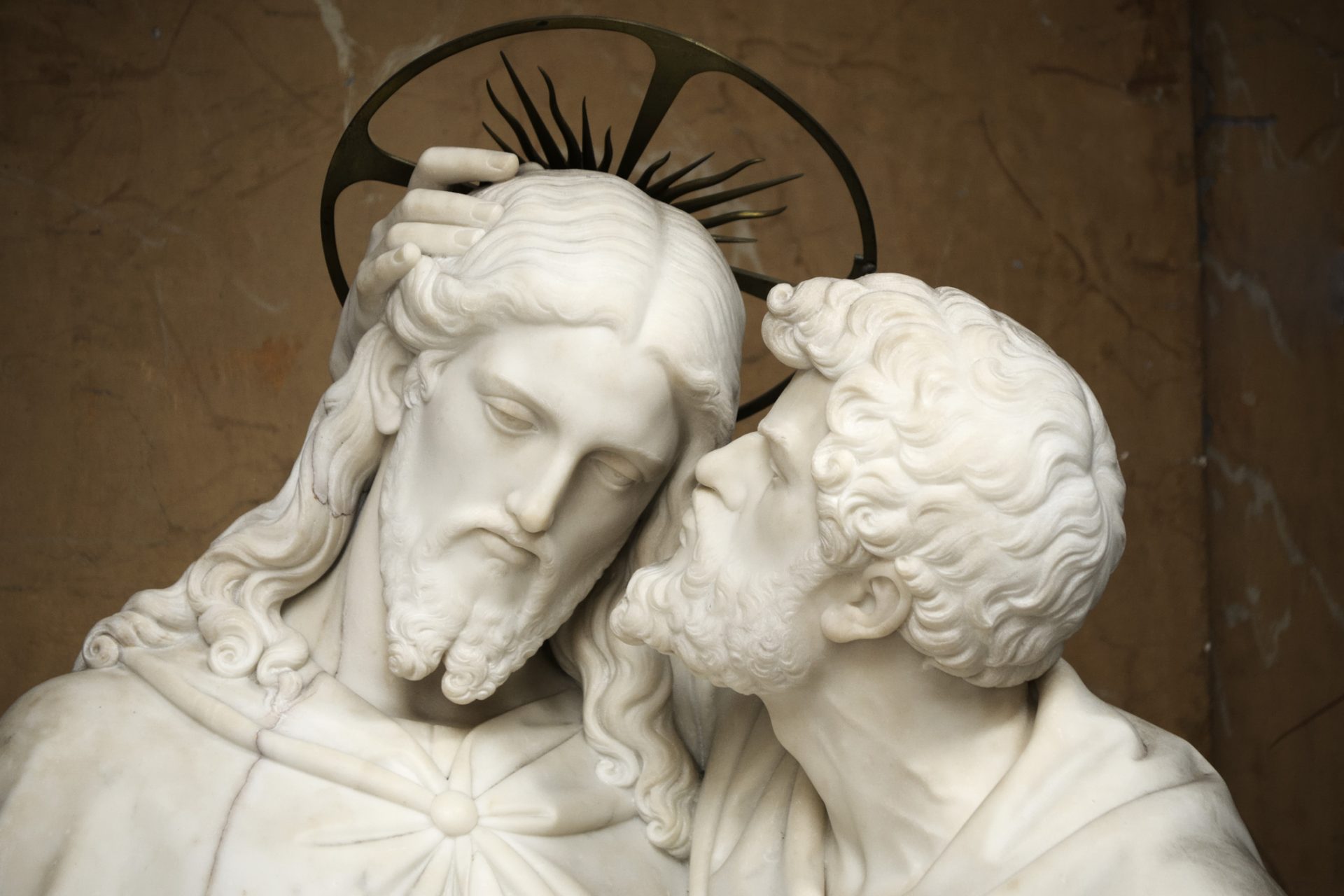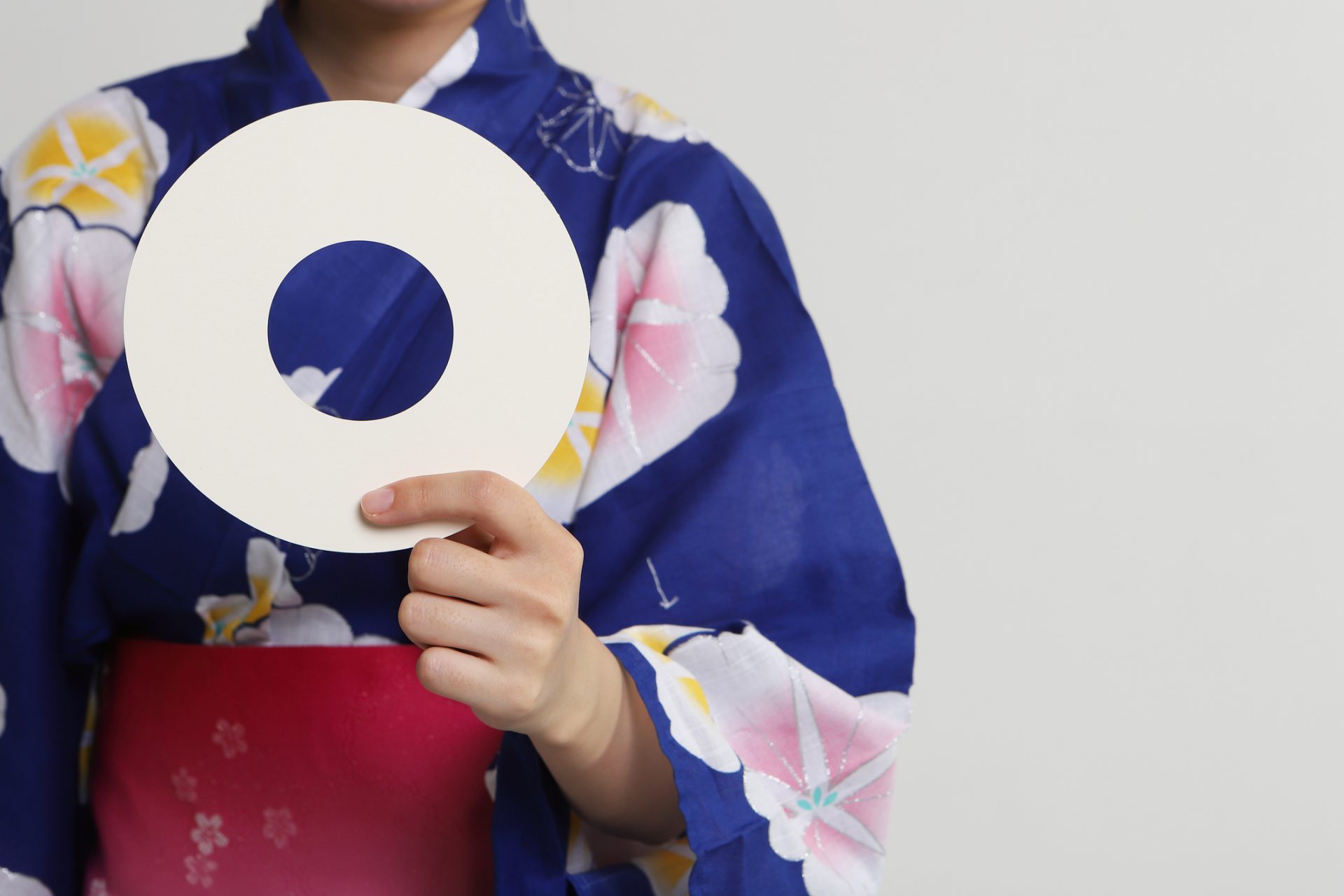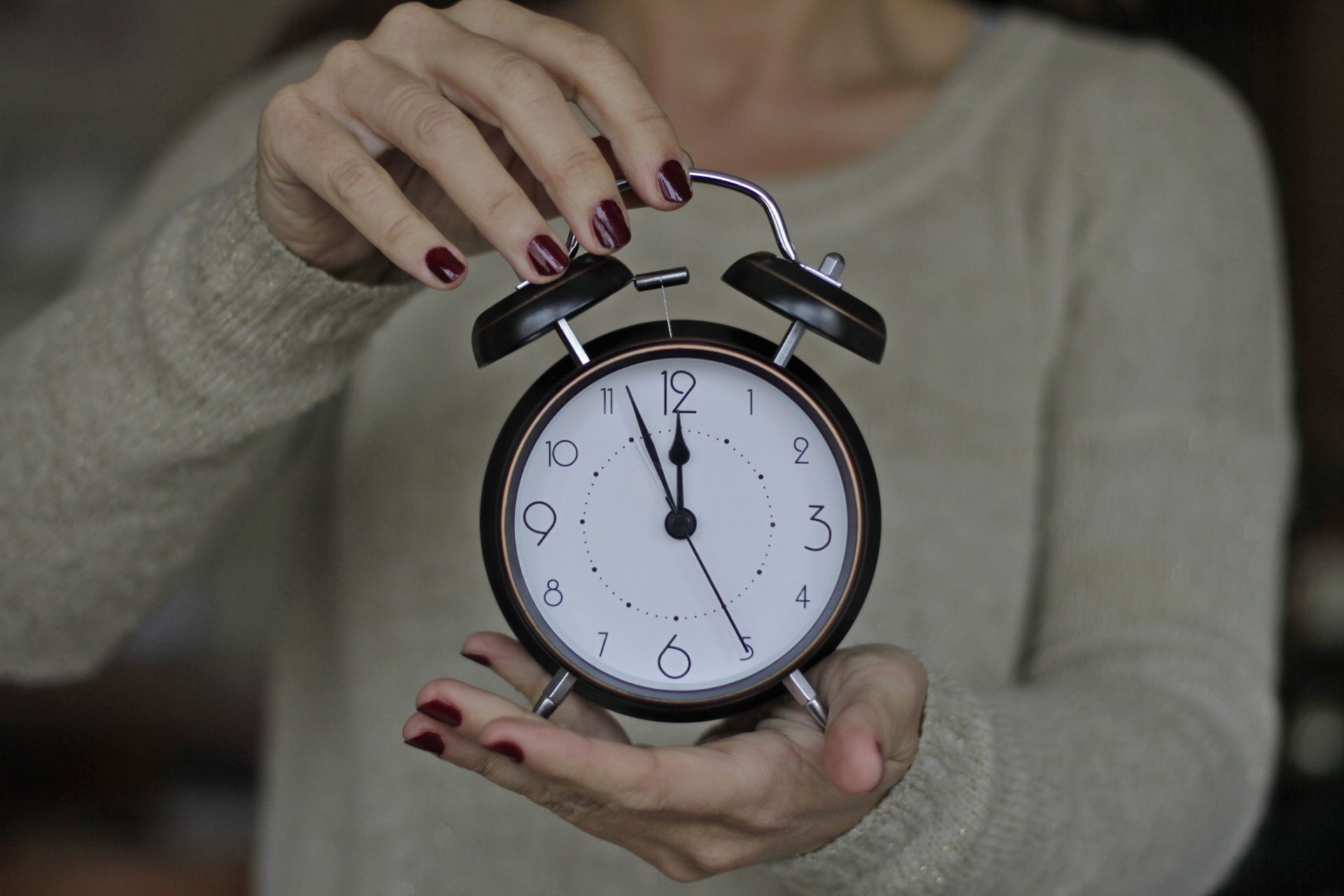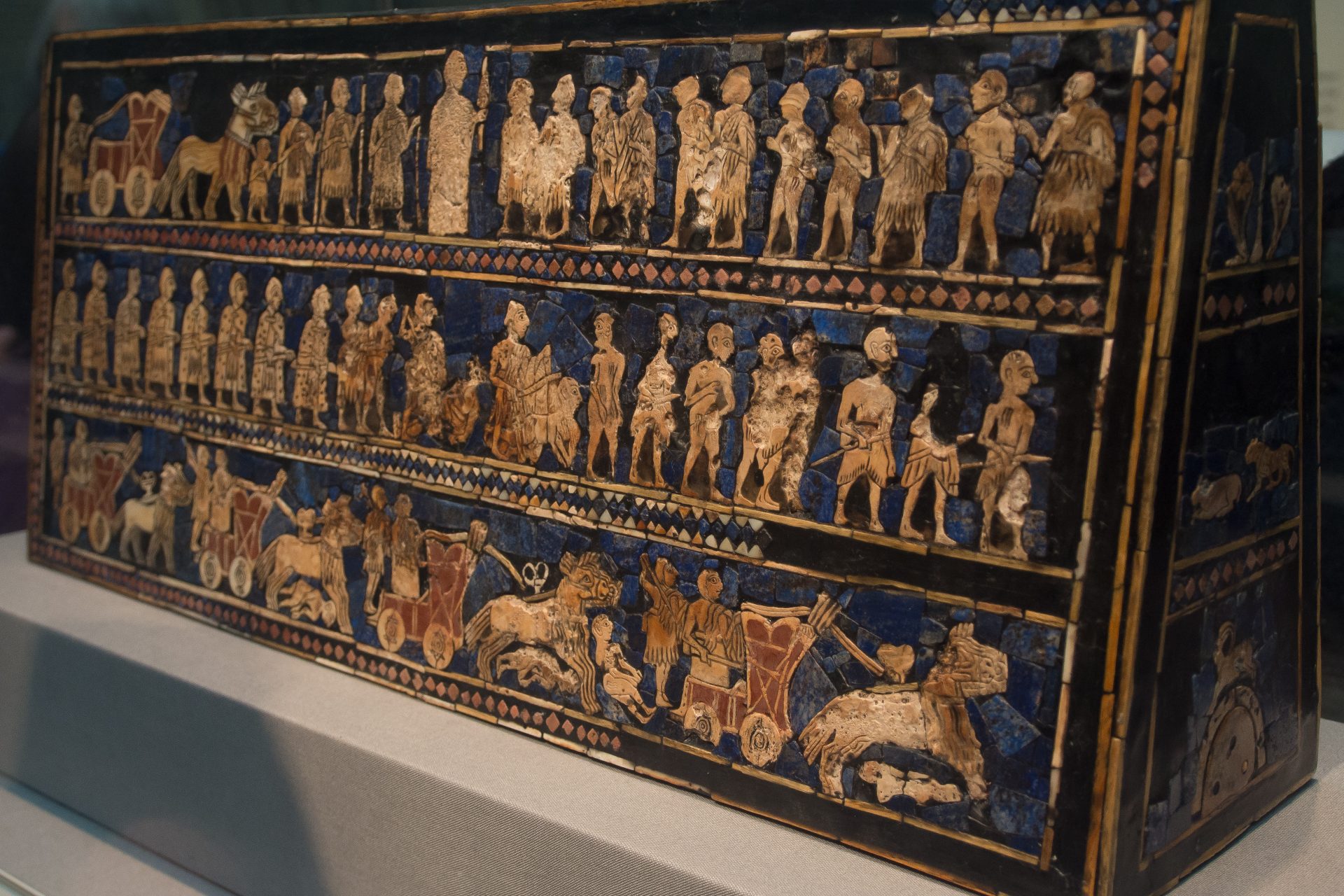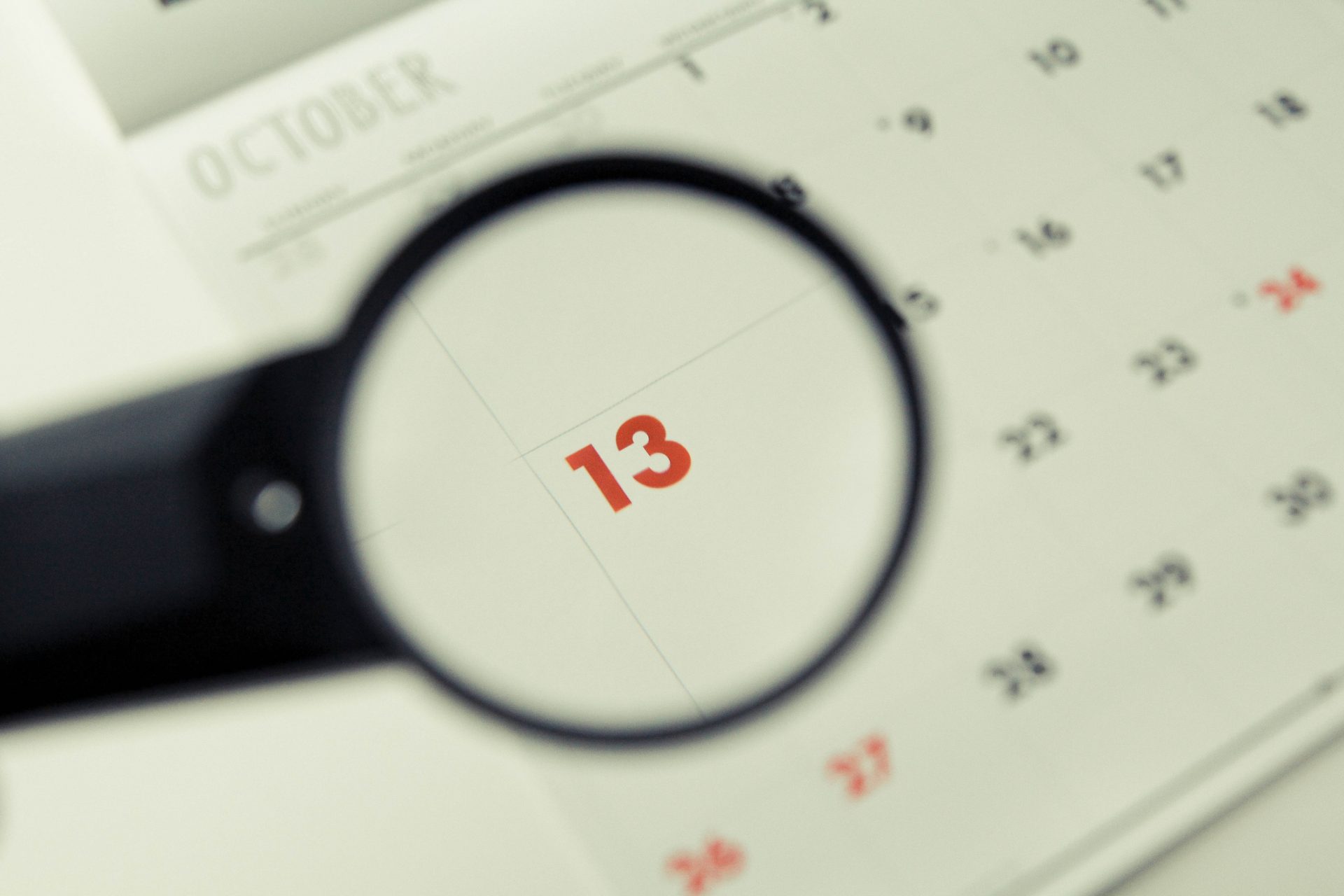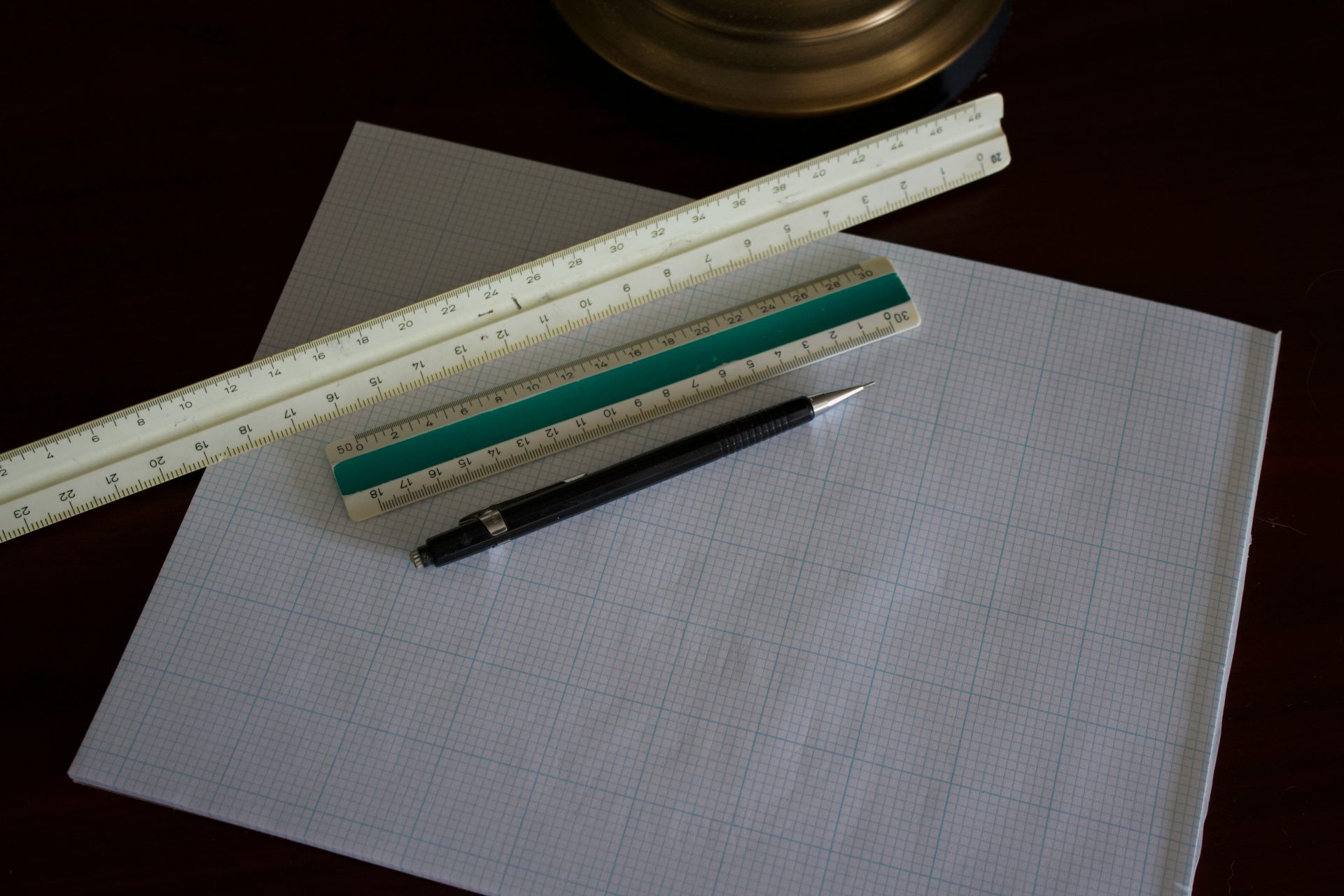Where does the fear of the number thirteen come from?
Have you ever gotten off an elevator on the thirteenth floor? If not then it probably has a lot to do with this weird fear that some cultures have about the number thirteen. But why do some people think the number brings them bad luck?
Superstitions are weird across all cultures but few are as odd as the fear of the number thirteen. How and why thirteen has become a problem for people all over the world isn’t very easy to explain but it does affect people's daily lives.
Photo Credit: Wiki Commons by Joseph E. / United States Library of Congress's Prints and Photographs
Take for example the findings from a 2007 Gallup poll that discovered a huge majority of the American population would be bothered if they had to sleep on the thirteenth floor of a hotel. 87% of respondents noted they wouldn't like it.
Photo by KG dela Pena on Unsplash
Interestingly, 13% of people said they wouldn’t be bothered if they were assigned to the thirteenth floor of a hotel. However, of the 87% who noted they would be bothered, 74% said they would request to be moved to a different floor.
The power the number thirteen holds in culture is so powerful that the elevator company Otis Elevator Co. skips the number thirteen in their elevators and jumps right to fourteen as if the floor didn’t exist according to Barry Markovsky.
Markovsky is a Professor Emeritus of Sociology at the University of South Carolina and somewhat of an expert on the number thirteen as well as the superstitions surrounding it, superstitions he says give the number real power.
Photo Credit: Wiki Commons By Saberwyn - Own work
The fear of the number thirteen actually has a scientific name—triskaidekaphobia. But it isn’t well known where this fear developed according to Markovsky. “The source of 13’s bad reputation… is murky and speculative,” he said.
Photo by Bekky Bekks on Unsplash
One explanation may be that the fear of thirteen first developed out of a long-held belief that thirteen was a famously undesirable number of dinner guests to have at your table, a superstition that grew out of old Norse mythology.
“In Norse mythology, the god Loki was the 13th to arrive at a feast in Valhalla, where he tricked another attendee into killing the god Baldur,” Markovsky wrote. But worries about thirteen could have come from Christian belief as well.
“In Christianity, Judas—the apostle who betrayed Jesus—was the 13th guest at the Last Supper,” Markovsky added. However, he explained that socio-cultural associations around a bad or unlucky number can happen in any society.
“When the conditions are favorable, a rumor or superstition generates its own social reality, snowballing like an urban legend as it rolls down the hill of time,” Markovsky wrote, adding that nine was an unlucky number in Japan.
However, more interesting than Markovsky's sociocultural explanation is the theory that thirteen may have developed into an unlucky number because it is an imperfect number that doesn’t fit within a world based on the number twelve.
“The ancient Sumerians developed a numeral system based on the use of 12 that is still used for measuring time today,” wrote History’s Barbara Maranzani, who added that our modern world is based around the number twelve.
“Most calendars have 12 months; a single day is comprised of two 12-hour half days, etc. Following so closely on the heels of a “perfect” number, some argue, that 13 was sure to be found lacking and unusual,” Maranzani continued.
Markovsky picked up on this theory as well and explained thirteen is a weird number in our twelve-centric world, noting there wasn’t a thirteenth month, thirteen-inch ruler, and no thirteenth o’clock. So why does superstition live on?
Photo by Benjamin Smith on Unsplash
“It resonates with people,” Markovsky wrote, “and then spreads throughout the culture. Once acquired, this piece of pseudo-knowledge gives believers a sense of control over the evils associated with it.”
Photo Credit: Wiki Commons By Rvongher - Own work
More for you
Top Stories



